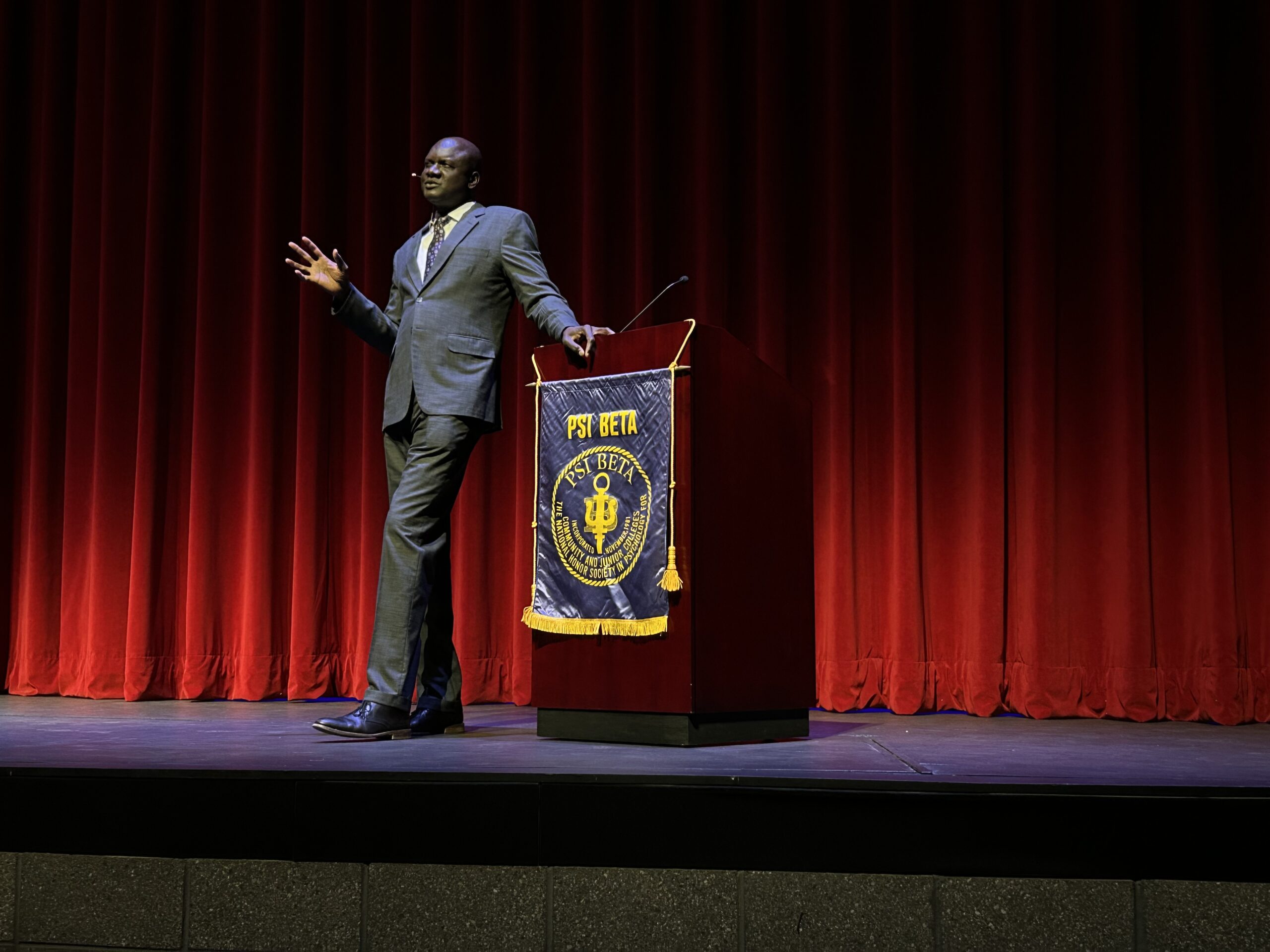Merger to create new power in music industry
Marisa Roper
On Feb. 10, Live Nation and Ticketmaster officially announced their merger.The agreement will create a new major power in the music industry, while combing a 50-50 share of both companies.
The new company will be called Live Nation Entertainment, ridding themselves of the brand name Ticketmaster in hopes of generating a more positive image with the public.
The plan to drop the name was based off of the negative association that has surrounded the Ticketmaster company in the past.
“I don’t mind it that much,” said MCC student Cole Merrick.
“I just want to see what they are going [to] actually do to revolutionize ticket buying,” he added.
The new company also plans to change the way major concert halls and artists are run.
The projected cost savings between the two companies will be at least $40 million in the first year following the close of the deal, which will happen in the second half of 2009.
In addition to building a larger market share, both companies have also been moving towards artist management, Ticketmaster with Front Line Management, already the largest management firm in the industry.
When finally combined, there will be a generated $6 billion in estimated revenue.
But even with this high amount, estimations have only accounted for about 1 percent of the new companies total operation cost which will be approximately $2.5 billion.
Regardless of high operation costs, officials of the new company are still proud to say that this merge will benefit consumers.
They plan to invest in new technology that will allow for paperless ticketing.
This new ticketing market is expected to make the ticket purchasing experience a little more “fan-friendly,” by providing better pricing, more choices and better access.
Even with the combination of the world’s largest producer of live concerts and marketing, there are still those who have opposed this merger.
There’s a concern that the control these two companies will have after the merger will put other record labels out of business.
New Jersey representative Bill Pascrell Jr. said in a letter to the committee that it was an incredibly potential abuse when one company controls the primary and secondary market for concert tickets.
Pascrell isn’t the only one with objections.
Joe Cohen, founder and CEO of UK-based Seatwave said in a statement that, “Such an entity could easily control prices and supply in the market, crowd out other promoters and stifle innovation. This deal will most certainly mean that we will see increased prices on tickets and job cuts in both companies.”
He also complained that the merger will create a company that will control over 70 percent of the UK ticketing market and the management of over 200 world-charting artists.
MCC student Travis Moncur said, “They will monopolize the ticket market and drive prices up. They will also monopolize the ticket market for the majority of the venues.”
This merge will be “bad,” he said.
Moncur also spoke about how producers as well as record companies will suffer from this merge because of the fees they’ll have to pay.









